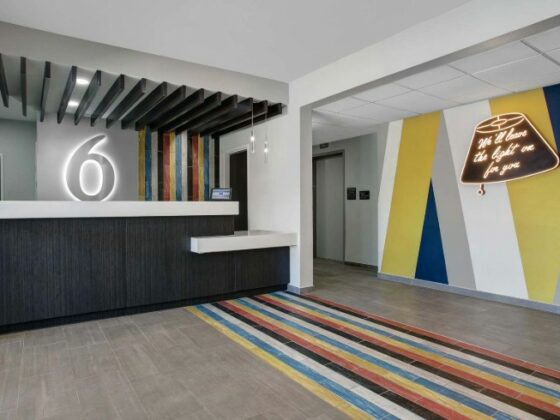
In the rapidly evolving world of hospitality, a fundamental shift is underway. No longer is a hotel merely a place to rest one’s head; today, it’s a portal to emotion, exploration, and personalized engagement. The traditional benchmarks of luxury—thread count, square footage, and concierge services—are being replaced or complemented by immersive experiences and local storytelling. This new wave of hospitality, known as the “experience-first” approach, is all about designing hotels not just for comfort, but for creating lasting memories.
At the heart of this evolution lies the changing expectations of travelers. Millennials and Gen Z, who now make up a significant portion of global travelers, are not content with passive stays. They seek connection—be it with the destination, the culture, the community, or themselves. They are willing to forego certain luxuries if it means gaining access to something more meaningful or authentic. This has spurred hoteliers to rethink how properties are designed, curated, and operated.
Experience-first hotels weave storytelling into every aspect of their design and service. From the moment a guest steps into the lobby, they are enveloped in an atmosphere that reflects the essence of the location. The architecture borrows from regional elements, the interior design integrates local craftsmanship, and even the scent in the air is chosen to evoke a specific emotion. It’s not uncommon to find hotels that incorporate community artists, indigenous materials, and even history into the very fabric of the space, creating a sense of place that transcends décor.
Technology also plays a vital role in this transformation. Personalization, enabled through data and AI, allows hotels to tailor experiences to the guest’s preferences, sometimes even before they check-in. From in-room tablets that let guests design their ideal day to mobile apps that offer real-time cultural events or dining recommendations, technology is being used not to isolate, but to enhance human connection. Smart design also ensures seamless comfort that includes automated lighting, temperature control, or mood-based music curation, creating a space that adapts to the guest’s state of mind.
But experience-first hospitality goes beyond this. It’s also about emotional resonance. Increasingly, hotels are tapping into the human desire for belonging and transformation. Properties are offering wellness journeys, creative retreats, and even nature immersions designed to reconnect guests with themselves. Whether it’s a silent sunrise hike, a guided journaling session, or a music therapy class under the stars, these offerings are designed to create moments of introspection and growth.
Moreover, sustainability and community integration are intrinsic to the experience-first approach. Guests today are more conscious and prefer properties that are in harmony with their surroundings. This means working with local farmers, reducing plastic use, conserving water, and ensuring tourism benefits local populations. Many experience-first hotels function as ecosystems—supporting rural artisans, providing employment to nearby communities, and preserving native flora and fauna—thus becoming agents of social impact as much as hospitality providers.
The rise of experience-first hotels is also transforming how spaces are used. Traditional lobbies are being replaced by social hubs. Cafes double up as coworking spaces by day and live music venues by night. Rooftop terraces become community gardens or meditation zones. These multifunctional areas are designed to be lived in, not just walked through. The design language is fluid, blurring the lines between guest and host, work and leisure, private and public.
Ultimately, the experience-first model recognizes that the true value of a stay lies not in what the guest feels. A well-folded towel might be appreciated, but an unexpected moment of joy—a surprise birthday celebration arranged with the help of hotel staff, a heartfelt note from a local storyteller, or a spontaneous village walk—will be remembered for years. It’s this emotional connection that fuels loyalty, drives word-of-mouth, and turns guests into lifelong brand ambassadors.
In a world saturated with choice and overwhelmed by digital noise, experience-first hotels offer something rare: authenticity. They don’t just sell rooms—they sell dreams, stories, and slices of life. And as travel continues to rebound and evolve, the winners will be those who understand that in hospitality, memories are the new luxury.









